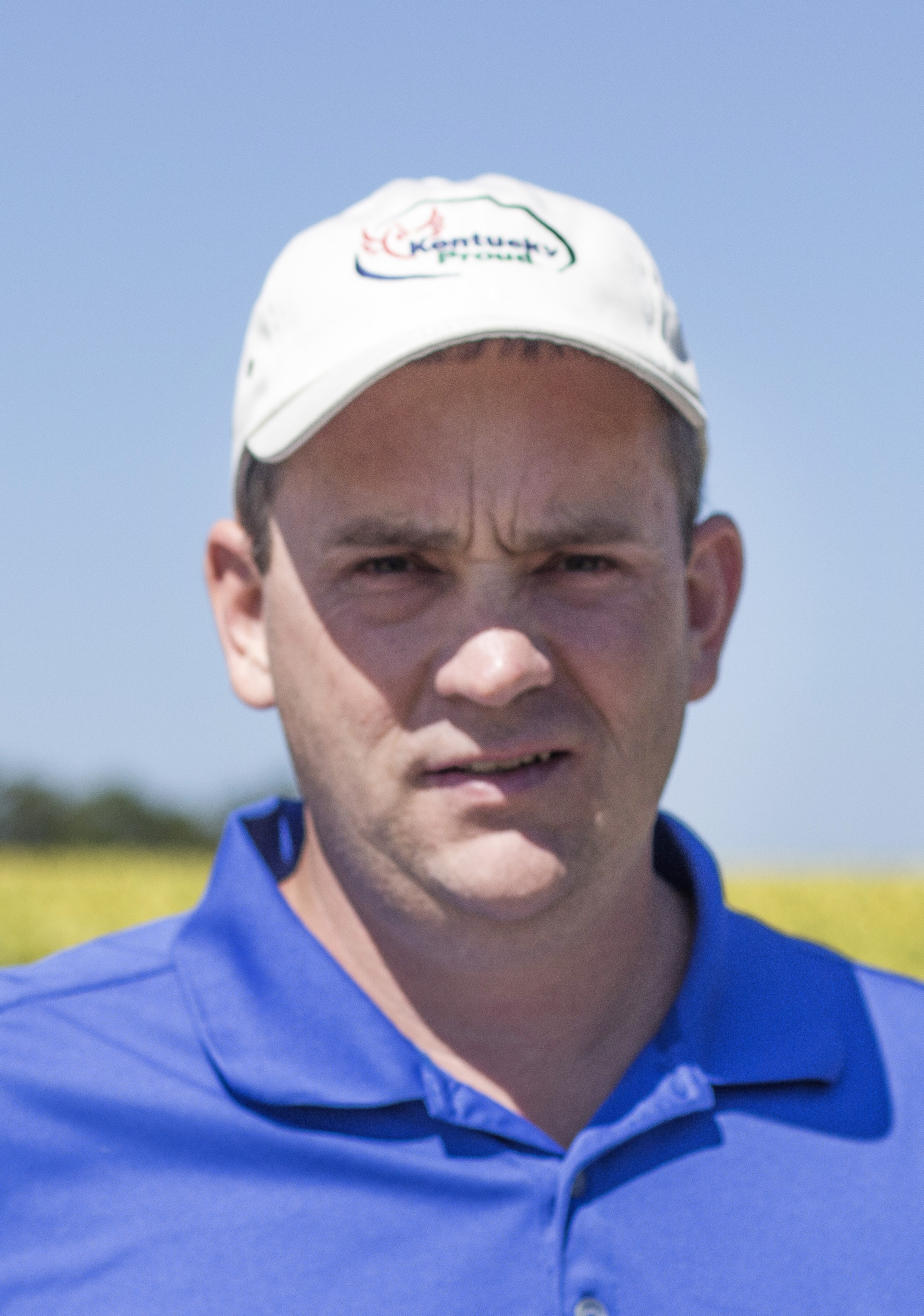Brian Furnish grows about 500 acres of hemp
By Diego Flammini
News Reporter
Farms.com
About 150 people visited a hemp farm in Cynthia, Kentucky over the weekend to get more insight into the crop’s production, uses and revenue potential.
Farmers in the state are growing more than 12,000 acres of hemp 2017, according to the Kentucky Department of Agriculture.
And about 500 of those acres belong to Brian Furnish, an 8th generation tobacco-turned-hemp farmer and director of global production at Ananda Hemp. The reasons for opening his farm to the public? Education and discussion.

Brian Furnish
“We started around noon and people were still at the farm around 4:30 asking questions about the crop and looking at the crop,” he told Farms.com today. “We had farmers asking how to grow hemp, there were doctors talking about hemp’s health benefits and we had lawyers here talking about the legalities of hemp.”
Part of what makes hemp such a viable option is that it’s low maintenance, Furnish said. Aside from a pre-plant burn-down fertilizer application, the crop is essentially left alone for the growing season.
“This is my 4th crop and we don’t use any insecticides, herbicides or pesticides on the crop,” he said. The plant takes care of itself and we haven’t had any issues to worry about. We’ve planted a total of 1,000 acres and have harvested 996 since we started four years ago.”
But not all farmers across the U.S. are permitted to grow hemp
Currently, only 38 states including Illinois, Indiana, Michigan and Pennsylvania allow for the commercial production of hemp.
But for the crop to be accepted nationwide, hemp needs to be removed from the Drug Enforcement Administration’s (DEA) Schedule I substance list, Furnish says. Hemp remains on the list due to its connection to marijuana.
“Hemp needs to be taken off that list because it causes confusion with what farmers are doing,” he said. “Congress needs to pass a law that removed hemp from the Schedule I drug list. Once that happens, free market and business opportunities can take over. Farmers can farm and consumers can consume.”
And for any farmers who may be considering to implement hemp in their crop rotation or transition entirely to hemp, there are two important elements to consider, according to Furnish.
“Growers need to make sure they have a good seed source,” he said. “Right now some farmers are using clones, and those seeds can cost between $10,000 and $15,000 per acre just for the plant.
“Farmers also need to make sure there’s a market for their product. I wouldn’t be growing hemp if there wasn’t someone out there to buy it.”
Top photo: Hemp field/CaraMaria/iStock/Getty Images Plus